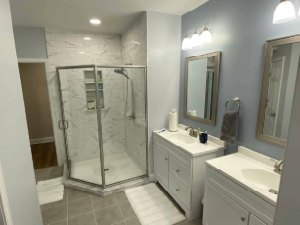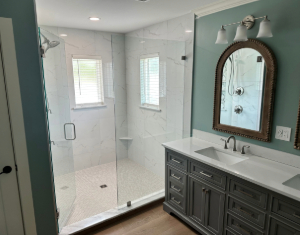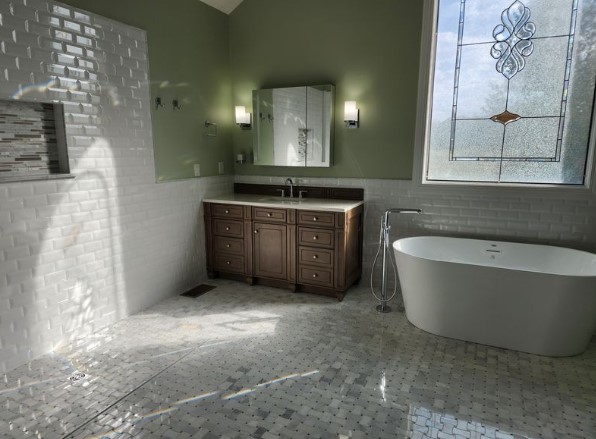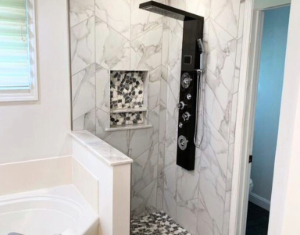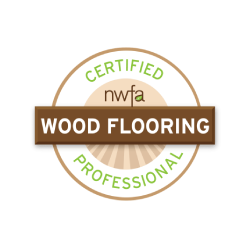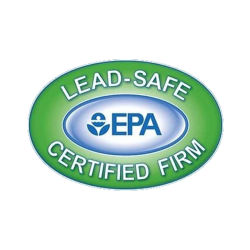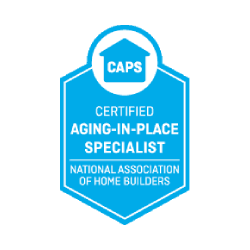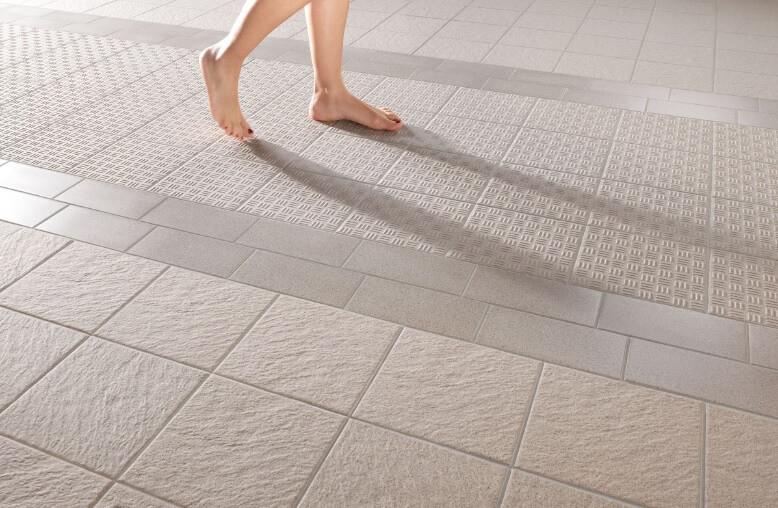The number one insurance cost for restaurants is slippage. And it’s no wonder—more than 4 million employees and guests are injured in slips at restaurants every year, costing a total of about $2 billion in medical costs and loss of time at work.
And that’s just restaurants.
Whether you’re building a new location for your business or renovating an old one, slip prevention should be one of your top concerns when choosing flooring. Thankfully, there are several options on the market that will help create a safer environment for you, your staff and your customers.
Not Such Smooth Sailing
The smoother and more polished the finish, the more likely people are to slip and fall on it, whether it’s wet or not. Highly polished marble or granite may be gorgeous in the way it reflects light and gives your floor an almost mirror-like sheen, but it’s a lawsuit waiting to happen.
Add spillage to the mix, and even textured floors can turn into slip-and-slides.
As anyone who’s ever stepped out their front door onto a sheet of ice can testify, the key to slippage is friction (or, rather, the lack thereof). In simple terms, friction is a matter of surface area per square inch. The more surface area, the more traction.
Slick surfaces, such as wet floors and hockey rinks, have the least surface area and are the slipperiest. Rough surfaces—a sand-filled volleyball court would be an extreme example—offer more traction and a lower incidence of slippage.
The sweet spot for your business is going to be somewhere in between, but closer to a sandlot than an ice rink. Thankfully, slip-resistant flooring is available in a wide variety of styles and price points.
Classical Looks, Modern Engineering
Modern engineering means we no longer have to sacrifice form for function, and that holds true with flooring. If your business wants the posh look of natural stone tile, products are available that meet high standards of slip resistance while also providing the most elegant of appearances.
A recent study determined that in stone, the more natural slip resistance it offered. There are some exceptions, however, such as travertine. Although it is relatively low in quartz, travertine is highly porous, which gives it the added surface area to create a high degree of traction, even when wet.
For outdoor applications, a type of stone called porphyry is a fantastic option. Similar to granite, porphyry is high in quartz and naturally one of the most slip-resistant surfaces you can use. It’s perfect for walkways, boardwalks, patios or other settings with a high degree of foot traffic and slip liability.
Ceramics: A Class of Their Own
If you’re looking for a truly engineered solution, ceramic and porcelain tiles are manmade from natural materials, which means they can be sculpted and textured to the manufacturer’s specifications.
This means ceramic and porcelain tiles can be crafted not just to offer slip resistance in and of themselves, but also to maximize water drainage so that, in the event of a spill, the danger is swept away before an employee even shows up with a mop.
Not to mention, ceramic and porcelain tile is available in a virtually limitless variety of shapes, sizes, colors and patterns, making it an excellent choice for nearly any style.
Slip-resistant ceramic tile is what you’ll find most often in commercial kitchens, where the aesthetics aren’t nearly as important as the tile’s ability to prevent falls. They also work well in workshops and stock rooms, although they are more prone to breaking and cracking than their natural stone counterparts.
Siding with Vinyl
A relative newcomer to the commercial flooring market, luxury vinyl plank flooring offers the look of either hardwood or stone, with the durability of rubber, at a reasonable cost. Best of all, several companies are not manufacturing slip-resistant vinyl plank flooring for commercial applications, including hospitals, daycares, assisted living facilities and more.
The beauty of LVP is (literally) its ability to mimic practically any other type of flooring available. Although most designs mirror the look of natural wood, tiles that imitate stone and even fibrous materials such as carpet are becoming more and more popular.
If you want to communicate a homey sense of comfort to your customers, clients and business associates, but still maintain the highest industry standards in slip-resistance, luxury vinyl plank flooring more than likely offers the best of all those worlds.
A Dangerous Alternative
Although it may be tempting to buy an inexpensive solution offering “liquid traction” or “stone grip” or any number of other miraculous-sounding promises, be forewarned—these products can damage your floor to the point where you end up replacing it anyway.
Made of any number of chemicals, from acids that eat away at your floor’s surface, to gritty substances that rough up your floors to make them more slip-proof, these cheap solutions are likely to cost more than they’ll save you in the long run. When it comes to your business and the safety of your customers and staff, don’t take shortcuts. Especially when you’re liable for it.
Still can’t decide what kind of nonslip flooring is right for your business? Call or email Flooring Masters & Professional Remodelers today for a free consultation. We know you only want the best in flooring. That’s why it’s important to hire the best in the business, and at Flooring Masters & Professional Remodelers, we can guarantee you that’s us.
Flooring Masters & Professional Remodelers have been flooring and remodeling Kentuckiana for over 30 years. Our certified installers have the ingenuity and know-how to assist you in choosing the perfect floors for your home. Don’t take matters into your own hands—let us guide your next project.

